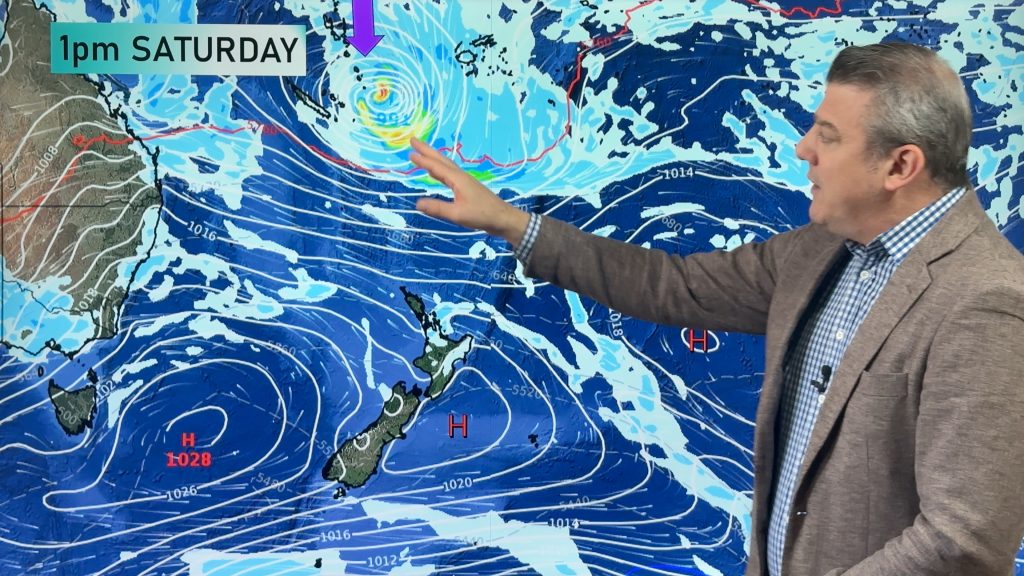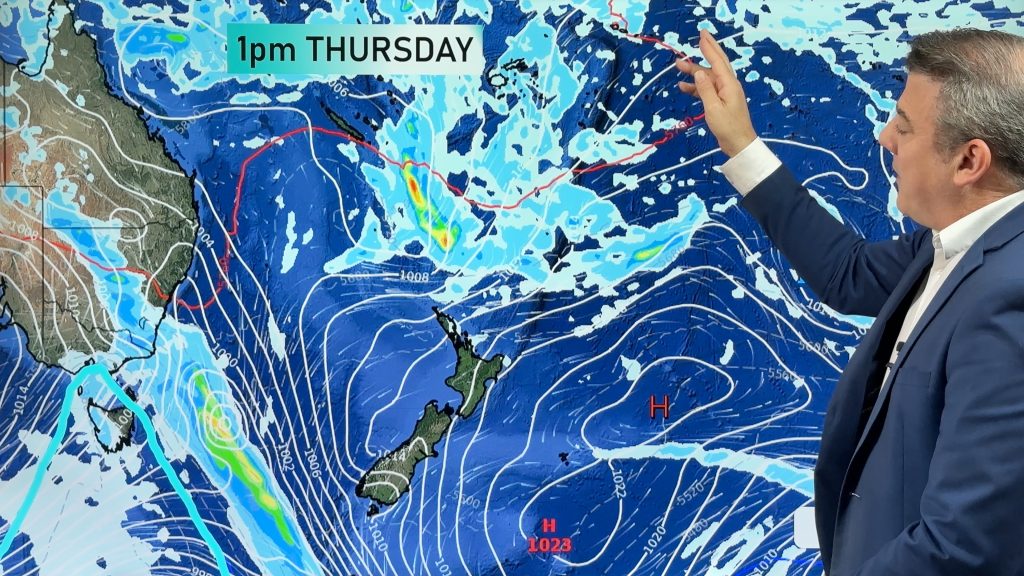
> From the WeatherWatch archives
Temperatures in Europe could rise as a result of planes being grounded across the continent, according to research.
A study conducted after commercial flights were grounded for three days following the September 11 terror attacks found the average daily temperature range in the U.S. rose markedly – exceeding the three-day periods before and after by 1.8c.
Scientists claimed this showed that clouds formed by the water vapour in the exhaust from jet planes have a small but significant effect on daily temperatures.
The unprecedented study suggests the UK and Europe will experience a similar pattern.
Planes have now been grounded for 48 hours and there is no suggestion when they will return to the skies, meaning Britons could enjoy hotter than normal temperatures for days.
The UK is already set to enjoy unusually warm weather this weekend, with temperatures in the south to reach a balmy 18c tomorrow – making it warmer than parts of Spain.
The grounding of flights in 2001 gave scientists a ‘tarnished but golden opportunity’ to study the impact that jet planes have on the climate.
The team behind the 2002 research, from the University of Wisconsin-Whitewater, compared the average daily high and low temperatures over North America from 11 to 14 September 2001, with climatic records from 1977 to 2000.
They matched the weather over those three days with similar weather in September over that period, and found that the difference in daily high and nightly low temperatures in the absence of planes’ contrails was more than 1c greater.
The researchers said that in regions with crowded skies, the clouds formed by the planes’ water vapour worked like cirrus clouds to prevent days from getting too hot and trapping the Earth’s heat at night.
Meteorologists also warned however that volcanic ash could also decrease the temperature, by blowing immense amounts of material into the sky.
Bureau of Meteorology Aerosal Research Manager Jim Haywood said it was likely that Britons would see increased temperatures as a result of planes being grounded.
But he said that could be cancelled out by the volcanic ash, which in effect can act as contrails by reducing the temperature.
‘We will be looking at this in our temperature records to see what effect the volcanic ash plume will have on reducing the temperature,’ he said.
9/11 study: Air traffic affects climate
August 8, 2002 Posted: 1:29 PM EDT (1729 GMT)
By Richard Stenger
(CNN) — The thin wisps of condensation that trail jet airliners have a significant influence on the climate, according to scientists who studied U.S. skies during a rare interruption in national air traffic after the September 11 terrorist attacks.
During the three-day commercial flight hiatus, when the artificial clouds known as contrails all but disappeared, the variations in high and low temperatures increased by 1.1 degrees Celsius (2 degrees Fahrenheit) each day, said meteorological researchers.
While the temperature range is significant, whether the jet clouds have a net effect on global warming remains unknown.
“I think what we’ve shown are that contrails are capable of affecting temperatures,” said lead scientist David Travis of the University of Wisconsin, Whitewater. “Which direction, in terms of net heating or cooling, is still up in the air.”
Contrails Explainer:
- Long white wisps of artificial clouds high in the atmosphere, contrails are the condensation trails left behind by jet airplanes.
- Similar to human exhalation making a fog in chilly weather, contrails form when warm humid engine exhaust meets extremely cool air in the atmosphere.
- Air temperatures where contrails form are generally lower than minus 40 degrees Fahrenheit (minus 40 degrees Celsius).
- Like natural cirrus clouds, contrails insulate the planet, blocking out incoming solar energy from above and keeping in heat down below.
- Scientists estimate that contrails cover some 0.1 percent of the Earth’s overall surface, with regional concentrations as high as 20 percent.
In many ways, contrails behave in the same manner as cirrus clouds, thin high-altitude floaters that block out solar energy from above and trap in heat below.
As a result, they help reduce the daily range in daytime highs and nighttime lows. Contrails, by providing additional insulation, further reduce the variability.
With air traffic growing and contrails becoming more prevalent, the natural variation will further decline and could disrupt regional ecosystems, some scientists speculate.
Certain trees, crops and insect species depend on specific daily temperature variations for their survival.
In some ways, contrails differ from their natural brethren. Cirrus clouds let less heat out than in overall, producing a net increase in the Earth’s temperatures, according to climate scientists. With contrail clouds, they said they are not so sure.
“Contrails are denser and block sunlight much more than natural cirrus clouds,” said Travis, who conducted the study with Andrew Carleton of Penn State University in University Park, Pennsylvania. They reported the findings this week in the journal Nature.
“And contrails are much more prevalent when the sun is out,” he said. “When this is factored in, there is a possibility that they offset global warming, and this is what we are trying to determine now.”
The researchers plan more studies to tackle that question, but they said they expect to rely on circumstantial evidence only.
FOR MORE DETAILS:
www.dailymail.co.uk
www.cnn.com
Comments
Before you add a new comment, take note this story was published on 20 Apr 2010.





Add new comment
sw on 20/04/2010 12:51am
Saying this is like comparing snowmaking guns will cool temperatures down again,maybe we can balance it in winter (at least here) when this starts.
Reply